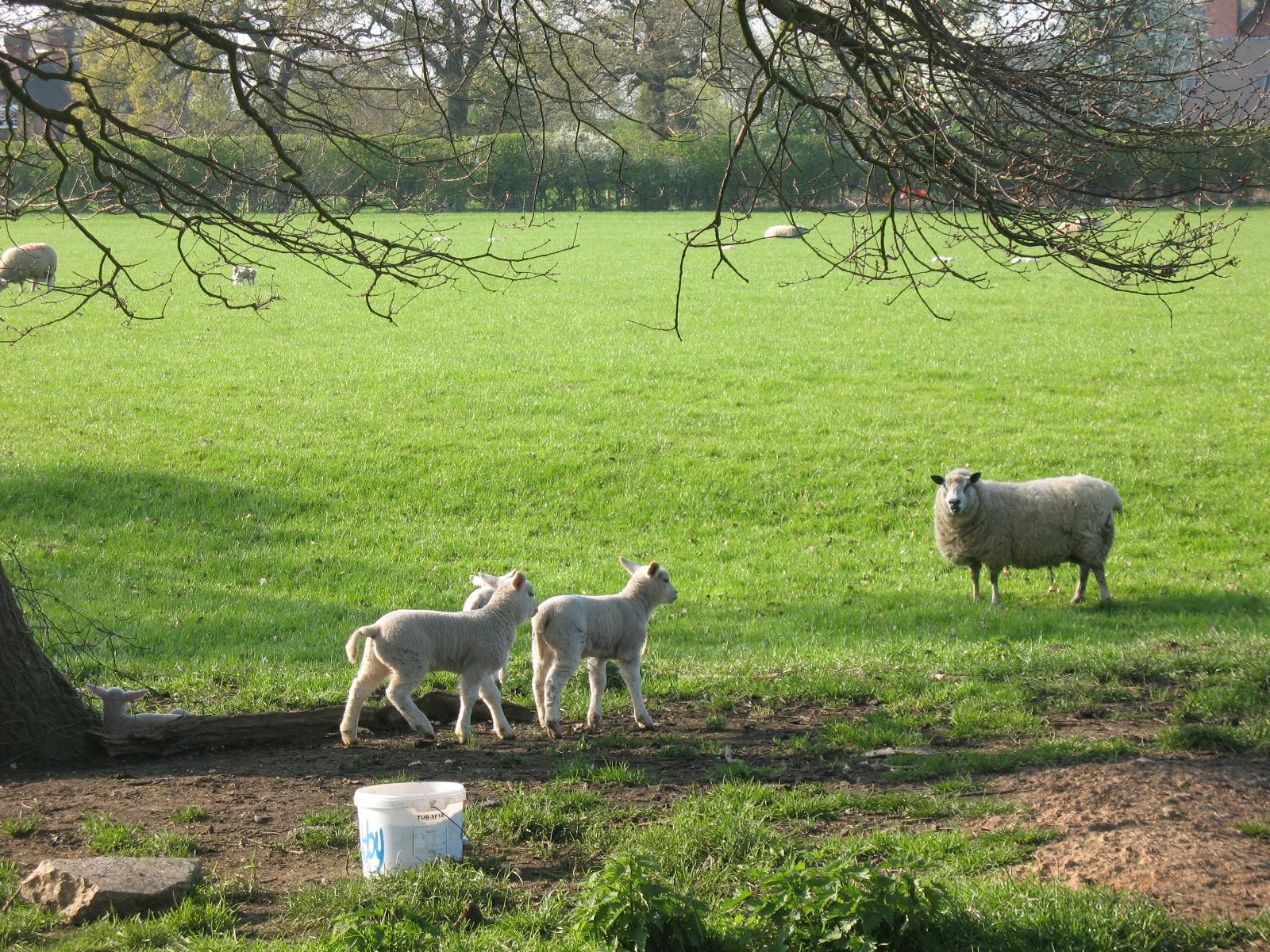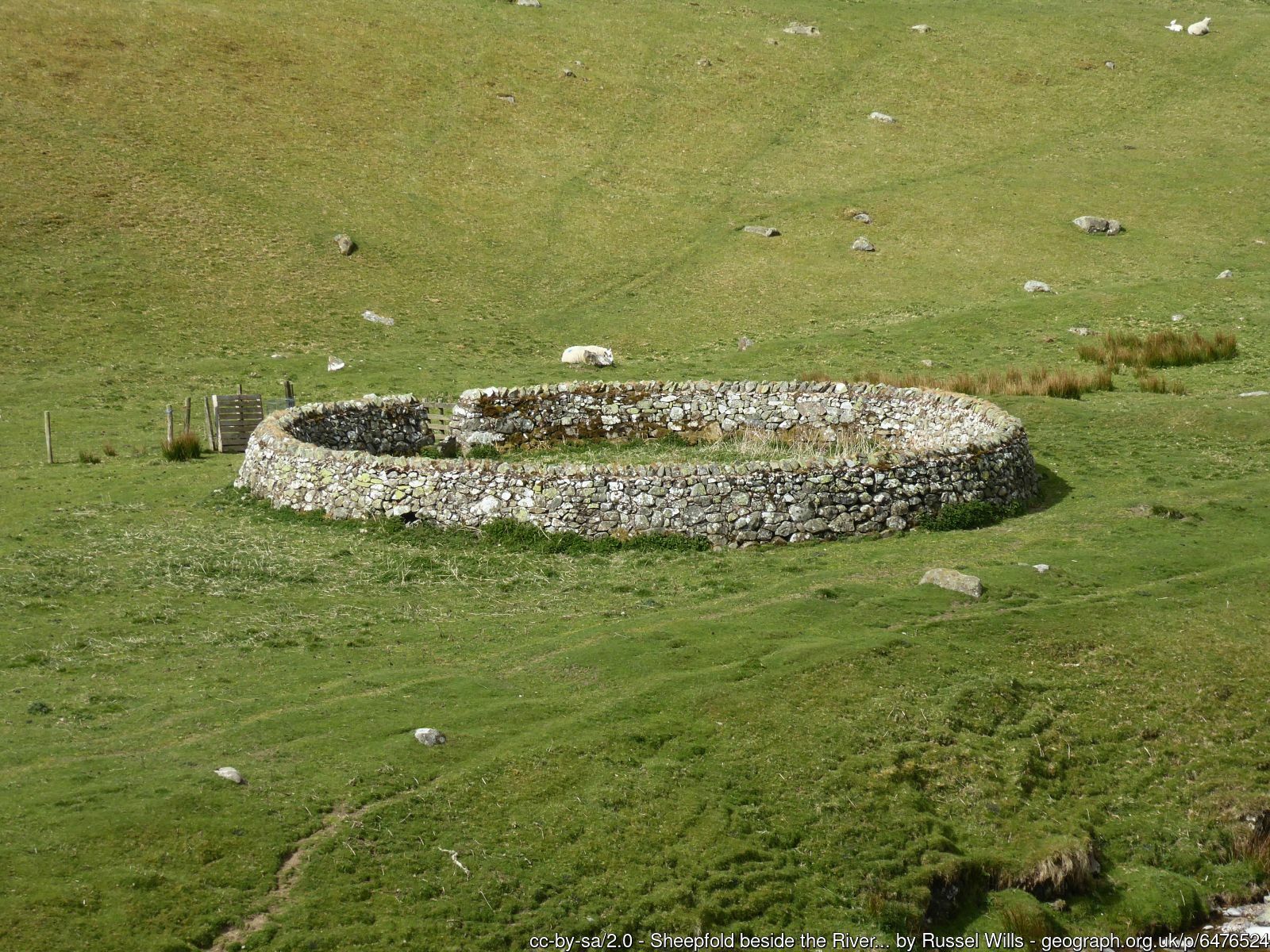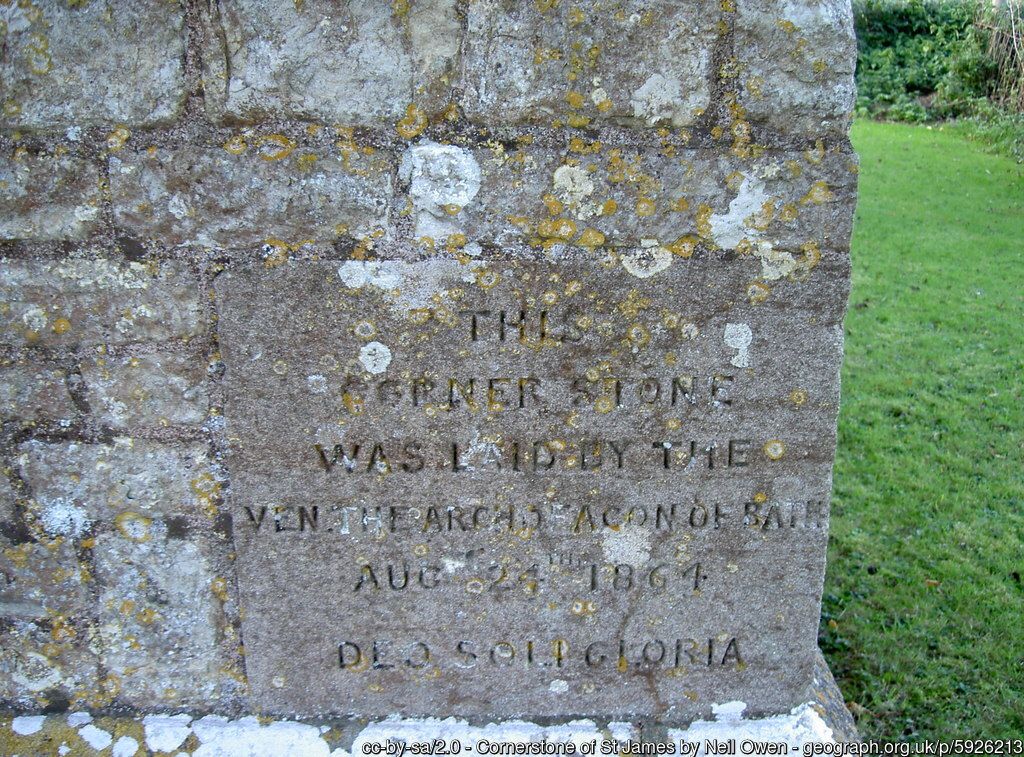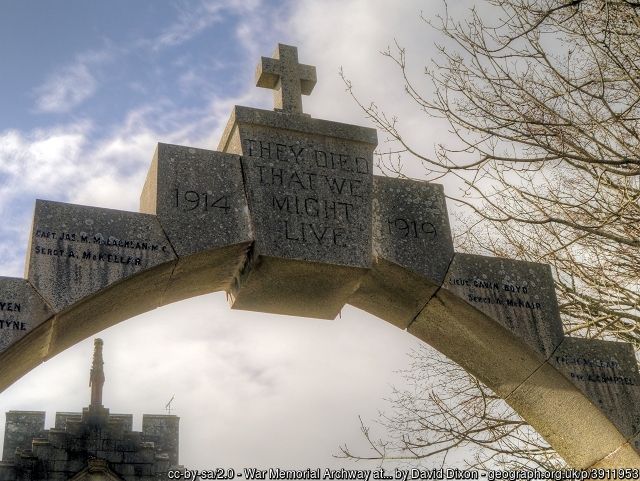Sermon for St Peter’s Bramley, 21st April 2024.
Text: John 10:11-18

A. Introduction
“I am the good shepherd”. One of Jesus’ seven “I am” sayings, and a suitable reading for this time of year, when the sheep are turned out into their summer pastures and new lambs are gambolling in the fields.
First, let’s set this in context. When Jesus addressed his critics among the leaders of Judaism, he knew that they had learnt their scriptures by heart, and wouldn’t miss any implied reference. They would know that this whole passage about Jesus being the good shepherd was a reference to chapter 34 of the book of Ezekiel, where God condemns the priests of Israel for failing to look after his people. They would be cast out when the good shepherd came, one who is variously identified either as the Messiah, or as God himself. So Jesus is quite clearly setting himself up for an argument here, by claiming to be both Messiah and God. Also by identifying as the ‘good’ shepherd he is criticising the priests of his day for being bad shepherds. The Greek word used for “good” here – ‘kalos’ – means something like “morally good and perfectly competent”, the priest being by implication immoral and incompetent.

B. A new understanding
But the verse that I want us to focus on today is verse 16: “I have other sheep that do not belong to this fold. I must bring them also, and they will listen to my voice. So there will be one flock, one shepherd.”
We must remember that the sharp division between Jews and everyone else, which still fuels conflict around the world today, is nothing new. In this chapter of John’s gospel, Jesus starts to teach a new understanding, a totally radical idea in his day, that his Father – the one true God, in his role as a shepherd – wants his flock to consist not only of the Jews but also the Gentiles – everyone else. To those brought up on the idea that being ethnically Jewish gave them a privileged place in God’s sheepfold and under his unique protection, that was not just wrong, but blasphemy.
Indeed, the idea of bringing all peoples into one flock can only begin to make sense in the context of the relationship between Jesus, his heavenly father, and the Holy Spirit who conveys their love to the world: in other words, the love of the Trinity. That is a specifically Christian concept, the idea that God’s love for the whole world can through the Holy Spirit be found within his people.

C. Who are the other sheep?
But who are these “other sheep not of this sheepfold”? I suggest that like waves rippling out from a stone thrown into a pond, we can consider several waves of the mission of Jesus and his church to find and bring home these other sheep.
First, in his own lifetime, were the outcasts of his own society, the Jews ostracised for having leprosy, physical disability, children outside marriage or anything else considered to make them unclean. Throughout his ministry he loved, included and healed them.
Secondly, the Samaritans, Israel’s northern neighbours, who long ago had been part of the flock but were now looked on with suspicion at best. Jesus’ own ministry and teaching showed his concern for them.
Thirdly, to the rest of the Greek and Roman world that lay beyond. Jesus’ great commission to his disciples before he ascended to heaven was to go to “Jerusalem, Judea, Samaria and all the ends of the earth”. In that order. The book of Acts shows that sequence unfolding.
Finally, through the rest of time, and through the Christian church, the mission of inclusion was to spread through all continents and all sectors of society. There were to be no barriers to which sheep could be drawn into the ever-expanding sheepfold of the church.

D. One flock, one shepherd
That brings me to my next point. “There will be one flock, one shepherd”. Let me tell you a story – with apologies to anyone who has ever belonged to a Baptist church. This isn’t really aimed at you.
There were two survivors of a shipwreck. As they got talking on their liferaft, one asked the other:
“Do you believe in God?”
“Why, yes, I do”
“Do you believe in Jesus?”
“Indeed, I believed he saved us from our sins.”
“Excellent! Pleased to meet you, brother. And to which church do you belong?”
“I am a Baptist.”
“Me too! Strict, Particular or Reformed Baptist?”
“Oh, Reformed of course, strict Calvinism isn’t for me!”
“I quite agree! But which particular form of reformed Baptist theology do you follow? Continental, Confessional, Sovereign Grace…”
“I belong to a Baptist Union congregation, part of the Inclusive church network”
“Inclusive church? Heretic! (spitting) The 1689 Baptist Confession is the only true church. I shall not speak to you again!”
Throughout history the Church has had a tendency to split over questions of belief or practice, most of which reflect the glorious cultural diversity of people across the world. But how sad it is, how Jesus’ heart is broken, when sheep of his one flock turn on one another! As Ezekiel put it, “You pushed with flank and shoulder, and butted all the weak animals with your horns until you scattered them far and wide”.
E. Jesus the cornerstone
That tendency to split has been in the church from the beginning. Perhaps that’s why, when Peter was on trial before the High Priest, to justify his healing miracle in the name of Jesus, the Holy Spirit prompted him to quote from the Psalms the verse about a cornerstone, and apply it to Jesus. There are several hymns and worship songs that pick up on this image, quite a different one from that of sheep, but let’s remind ourselves what it means.
The idea of God laying a foundation, or a cornerstone, or a keystone or capstone, are found throughout the Bible – in the Psalms, Isaiah, and the writings of Peter and Paul. They convey slightly different concepts but it’s all about unity. A foundation stops a building subsiding.


A cornerstone makes sure the walls are at right angles. A capstone holds the roof together to stop rain getting in. And a keystone holds together the two sides of an arch that are each unstable by themselves.
So in describing Jesus as one of these special stones, Peter is aware of the dangers of the church subsiding into the soft ground of muddied thinking, or going off in the wrong direction, or failing to hold together as one and becoming several unstable elements that won’t connect with each other. It is only when we recognise in each other the unity we have in Jesus Christ – our good shepherd, the perfect image of God in us – that we can resist that temptation.
F. Implications for our mission
So what does all this imply for our mission as one part of the Church of Jesus Christ revealing God’s love in Bramley? Three things:
Firstly, we must recognise that although we meet in different buildings, and worship in different ways, these other sheep are part of the one flock. Our sisters and brothers in the Baptist, Methodist, Catholic, Salvation Army and other congregations are really all in the same sheepfold.
Secondly, when we pray, we pray as one. Not just with our immediate neighbours in Christ but with his whole church throughout the world, each part of which will reflect its own cultural practices and struggle with its own political situation. Although we are a scattered flock, let us never forget our spiritual ancestry as sons of Abraham. So when we pray, as we must, for peace in Israel, Gaza and that wider region, it is right to ask God to protect the Jewish people in their ancestral homeland that He promised them. But let us not be drawn into taking sides in the ancient hatreds that still perpetuate war. Jew, Muslim or Christian, the people of the middle east, or anywhere else, are those ‘sheep of another fold’ whom Jesus wants to seek and draw to himself.
Finally, and turning back to our own lives, let us pray to have the eyes and heart of Jesus. For it is only if he lives in us by his Holy Spirit, that we will see others around us as the lost sheep that it is our calling to find, heal, and bring back into the fold.


